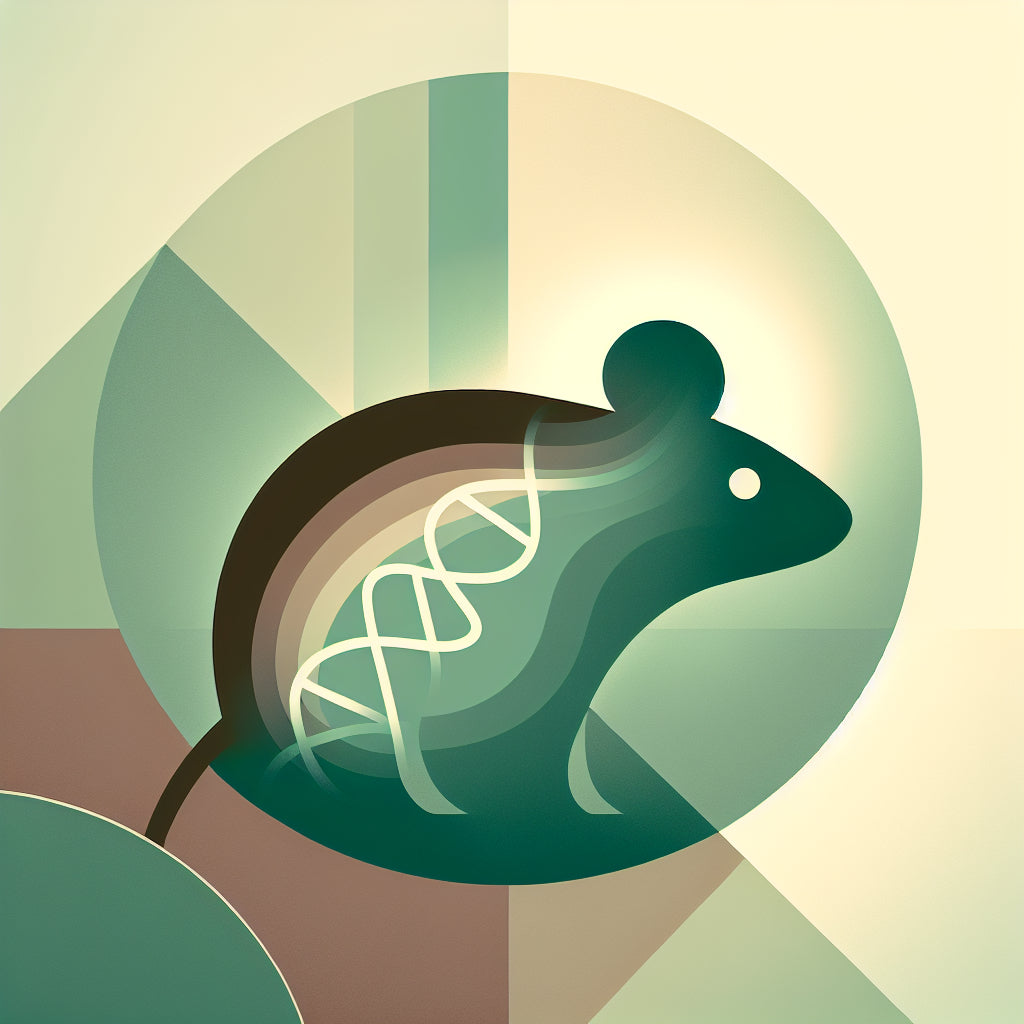
Gene from mole rats boosts mouse lifespan
Share
Introduction to longevity research
In a significant scientific breakthrough, researchers have successfully transferred a gene from naked mole rats, known for their remarkable longevity, to mice, leading to enhanced health and increased lifespan in the latter. This discovery not only sheds light on the mechanisms of aging but also opens new avenues for extending human healthspan and lifespan.
Understanding the longevity gene
The gene in question produces high molecular weight hyaluronic acid (HMW-HA), a substance that has been linked to improved cellular repair and protection. By introducing this gene into mice, the team observed a median lifespan increase of approximately 4.4 percent. This gene is associated with several health benefits, including resistance to cancer and reduced inflammation, which are common markers of aging.
Impact on health and disease resistance
Naked mole rats exhibit an extraordinary resistance to age-related diseases such as cancer, neurodegeneration, and cardiovascular disease. The researchers attribute this resilience to higher levels of HMW-HA in their bodies. When HMW-HA was removed from naked mole rat cells, these cells showed a higher propensity to form tumors, highlighting the gene's role in cancer resistance.
Potential applications for human health
The successful gene transfer and its positive outcomes in mice suggest potential strategies for enhancing human health. The research team is exploring methods to slow down the degradation of HMW-HA or to boost its synthesis in humans. These approaches could pave the way for treatments that not only extend lifespan but also improve the quality of life by mitigating age-related diseases.
Future directions in longevity research
While the current findings are promising, more research is needed to fully understand the mechanisms by which HMW-HA contributes to health and longevity. The researchers are optimistic that this is just the beginning of using longevity adaptations from long-lived species to benefit human health. This could eventually lead to significant advancements in how we understand and treat the aging process.
Conclusion
This groundbreaking research not only highlights the potential of genetic research in extending lifespan but also underscores the importance of cross-species studies in uncovering the secrets of longevity. As science continues to unravel these mysteries, the dream of significantly extending human lifespan while reducing the burden of age-related diseases becomes increasingly plausible.